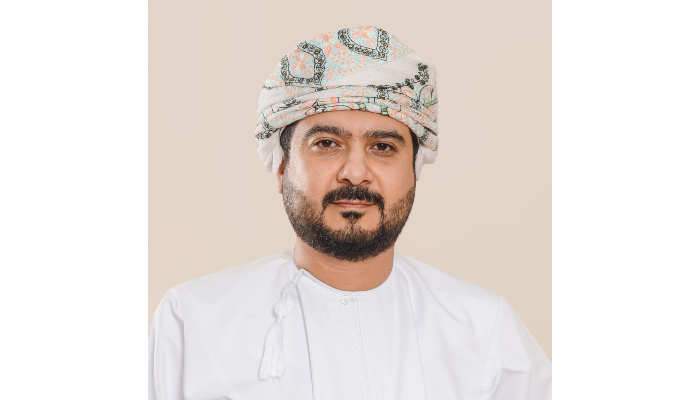
Muscat: His Excellency Qais Al Yousef, Minister of Commerce, Industry & Investment Promotion will represent the Sultanate of Oman at the G20 Trade & Investment in Jaipur from 23-25 August. His Excellency will then head to the B20 Forum in New Delhi from 25-27 August, accompanied by industry leaders from Oman.
With “One Earth, One Family, One Future” as this year’s G20 theme, discussions at the summits will focus on steps to support multilateral trade for global growth and prosperity, building inclusive and resilient trade and leveraging technology for paperless trade. Deliberations will target developing consensus on global trade and investment-related issues and accomplishing action-oriented proposals.
Whilst in Jaipur, Minister Al Yousef will meet with international ministerial counterparts of other G20 countries to reaffirm ties and explore potential opportunities for collaboration.
Speaking ahead of the G20 meeting, Minister Al Yousef commented: “Under the wise leadership of His Majesty Sultan Haitham bin Tarik and through the framework provided by Oman Vision 2040, Oman has been steadfast in its commitment to a global trading system that is free, fair and rules-based.”
Minister Al Yousef went on to say: “Given the complex challenges facing international trade today, it is timely that the G20 reaffirms its commitment to the rules-based multilateral trading system which is key to advancing shared objectives of inclusive growth, job creation, innovation and sustainable development.”
Remarking on the various themes that will be discussed Minister Al Yousef noted the significant role played by technology in reshaping cross-border trade and enhancing competitiveness particularly for MSMEs, highlighting that paperless trading, for example, is helping reduce transaction costs, making smaller shipments more cost effective and putting international markets within reach of companies of all sizes. He further pointed out the need to remove barriers to the integration of these businesses in international trade given their importance in job creation and boosting GDP, emphasising too that as 70% of international trade is conducted through global value chains, it is crucial to explore frameworks that help support their resilience to future shock.